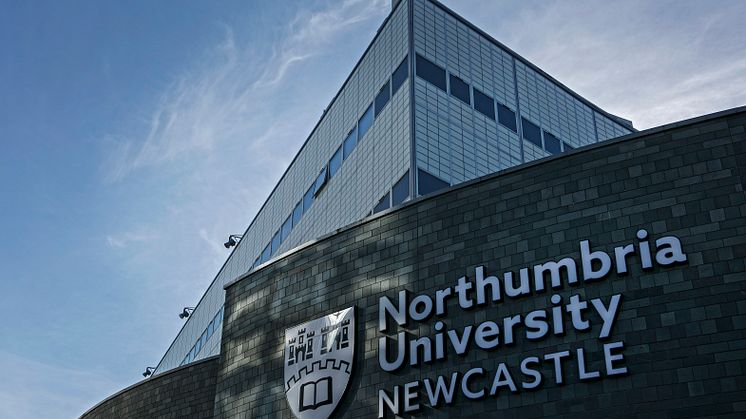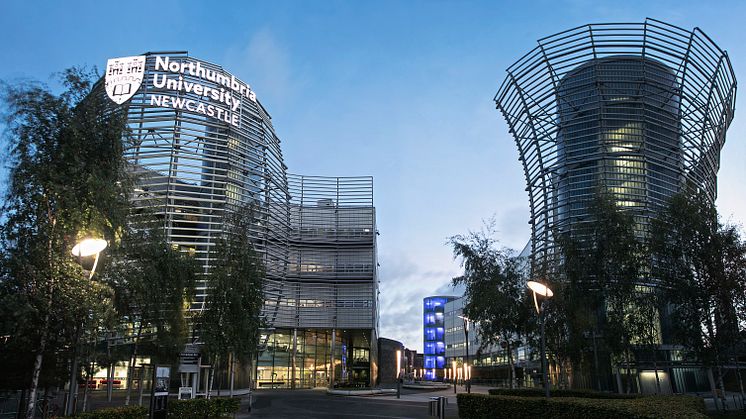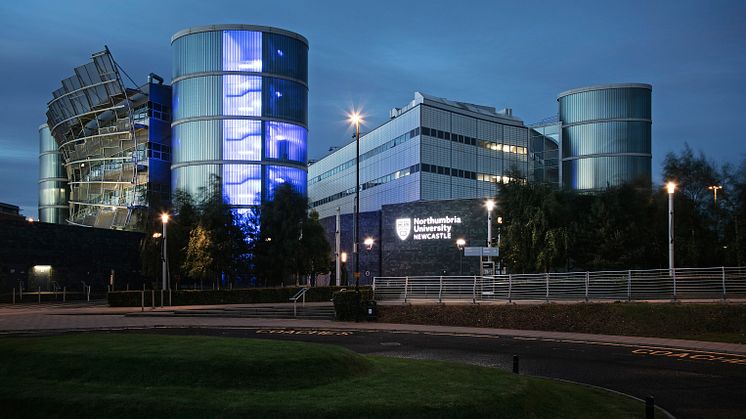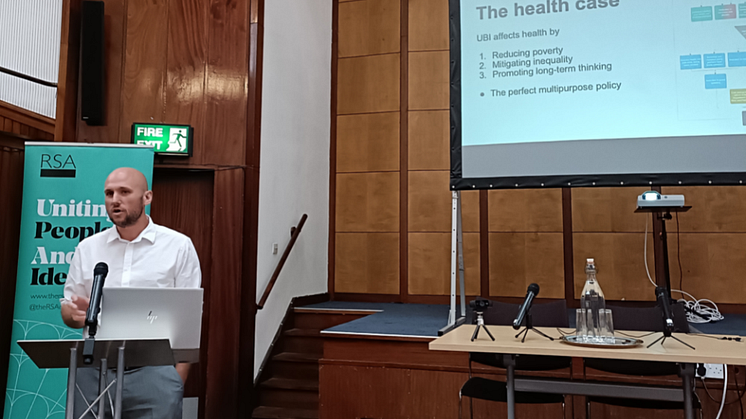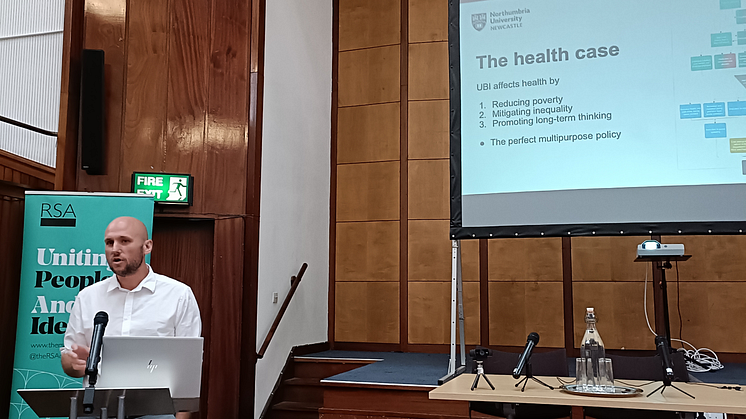
Press release -
Report reveals how Universal Basic Income could help tackle cost of living crisis
Experts in politics and public health will gather in Newcastle this week to discuss how Universal Basic Income could provide a solution to the UK’s current economic and public health crises.
As the price of fuel, food and other essentials continues to soar, the cost-of-living crisis is hitting communities in the North of England particularly hard. This is causing unprecedented pressure on households, resulting in an increase in the number of people suffering from mental health conditions such as anxiety and depression – particularly among 16–24-year-olds.
With conventional policy making failing to tackle the crisis, a new Royal Society of Arts report, led by Professor Matthew Johnson, of Northumbria University, explores an alternative solution – the introduction of Universal Basic Income (UBI).
Under the scheme, every UK citizen would receive regular payments to support their basic needs. This addresses a fundamental grievance about the present welfare system: that it does not support those who are aspirational, hard working and responsible. UBI grants security to those who are presently being squeezed by the cost-of-living and upcoming mortgage cost crises, especially those who were, until recently, ‘just about managing’.
Findings by Professor Johnson and his research colleagues reveal that:
- UBI is economically feasible,
- that it can prevent or delay a wide range of health conditions
- that it is particularly effective in mitigating the mental health pandemic among young people
- and that public support for UBI is strong, especially in the ‘red wall’ constituencies of Wales, the Midlands and North of England.
A full report of their research, which has been funded by the Wellcome Trust, will be launched in Newcastle on Friday (7 October).
The event, which is in partnership with Basic Income Conversation hosted by Compass, will bring together academic experts and policy makers, including Jamie Driscoll, Mayor of North of Tyne; Beth Winter, MP for the Conwyn Valley; Natalie Bennett, Member of the House of Lords and former leader of the Green Party; Alice Wiseman, Director of Public Health for Gateshead; Professor Kate Pickett, of the University of York; and Prof Daniel Nettle, of Newcastle University and the Institut Jean Nicod.
Together they will discuss the report’s key findings; that Universal Basic Income is feasible, an effective public health strategy, popular and a likely vote winner, and that trials must be supported by policymakers.
Research lead Professor Matthew Johnson said: “Our team’s findings turn the debate on welfare on its head. I’m a reluctant convert to UBI – I’ve been persuaded by the overwhelming body of evidence that suggests that the current system does not support those in or out of work and that introducing a generous universal system is the only way to ensure the health and prosperity of our communities, particularly in the North East. And, when we present it to voters, they see sense in it.
“Our university's stated aim is to 'take on disease, poverty and inequality' and I'm very proud that we will be speaking directly to this in the event.”
The research is part of a project called Assessing the prospective impacts of Universal Basic Income (UBI) on anxiety and depression among 14-24-year-olds. It serves as a pilot study for a much broader, long-term examination of the role of Universal Basic Income as a public health measure.
The project began in August 2021 and has led to a number of articles either published or under review, as well as two reports published by Basic Income Conversation powered by Compass.
Tackling Poverty: the power of a universal basic income, was released in May and Winning the vote with a universal basic income: Evidence from the 'red wall', outlining that idea that a Universal Basic Income is a vote winner in traditional ‘red wall’ constituencies, will be published this month.
As well those at Northumbria University, the research team includes researchers from the University of York, the University of Bristol, the University of Oxford, the University of Liverpool, Newcastle University and Landman Economics.
The report launch takes place on Friday 7 October, 6pm – 8pm at Northumbria University’s City Campus East. The event is free to attend, find out more and register here.
The schedule for the event is as follows:
- 6pm: Welcome to Northumbria: Prof Tom Lawson, Deputy Vice-Chancellor and former Interim Vice Chancellor, Northumbria University
- 6.10pm: A summary of the findings: Prof Matthew Johnson, Northumbria University
- 6.20pm: How can UBI serve public health?: Prof Kate Pickett, University of York
- 6.30pm: What do voters think about UBI?: Prof Daniel Nettle, Newcastle University and Institut Jean Nicod
- 6.40pm: Natalie Bennett, Member of the House of Lords and Former Leader of the Green Party
- 6.50pm: Beth Winter Member of Parliament for the Conwyn Valley
- 7.00pm: Alice Wiseman, Director of Public Health, Gateshead Council
- 7:10pm: Video from Jamie Driscoll, Mayor of North of Tyne Combined Authority
- 7:20:pm Q&A
- 8:00pm: Close
Topics
Categories
Northumbria is a research-intensive modern university with a global reputation for academic excellence. Find out more about us at www.northumbria.ac.uk --- Please contact our Media and Communications team at media.communications@northumbria.ac.uk with any media enquiries or interview requests ---









